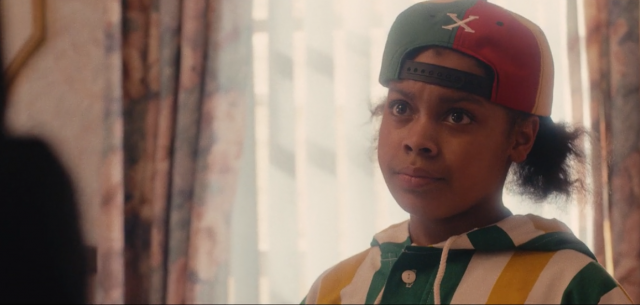Quickies
Quickies: Weight Loss is Complicated; Why Call-Out Culture is Toxic; and Coming Out on Master of None

- Hollywood’s Reductive Narratives About School – “The story of low-income, urban students of color has been told too often by white, middle-class people like me who are cast as main characters in pat, triumphant narratives endorsing the redemptive single story of teaching. These simplified stories distance teachers from their students, reinforcing the power imbalance created when a teacher arrives thinking she already knows who her students are and what miracles she should perform. The caricatures—so tempting and easy to create in the shadow of Hollywood’s teacher-savior plot line—ultimately act as a barrier to meaningful classroom interaction.”
- The Weight Loss Trap: Why Your Diet Isn’t Working – “Leading researchers finally agree, for instance, that exercise, while critical to good health, is not an especially reliable way to keep off body fat over the long term. And the overly simplistic arithmetic of calories in vs. calories out has given way to the more nuanced understanding that it’s the composition of a person’s diet–rather than how much of it they can burn off working out–that sustains weight loss. They also know that the best diet for you is very likely not the best diet for your next-door neighbor. Individual responses to different diets–from low fat and vegan to low carb and paleo–vary enormously.”
- What Makes Call-Out Culture So Toxic – “What makes call-out culture so toxic is not necessarily its frequency so much as the nature and performance of the call-out itself. Especially in online venues like Twitter and Facebook, calling someone out isn’t just a private interaction between two individuals: it’s a public performance where people can demonstrate their wit or how pure their politics are.”
- 6 Signs Your Call-Out Isn’t Actually About Accountability – “Are you afraid of looking like a bad activist if you don’t gear up for every battle? That’s an understandable fear, and it shows why a climate of trying to outdo each other as activists isn’t helpful. Instead, give yourself a little breathing room. One strategy I use for this is meeting people where they’re at in their process of learning about oppression.”
- ‘Only Girl Syndrome’ Pits Gamer Girls Against One Another – “In gaming spaces, it often feels like there’s only room for one woman—the only girl to get invited to Friday night Tekken or, in this case, your regular Overwatch squad’s Mercy main. There’s only room for one. And, when another girl comes along and picks up a controller, she threatens her standing as the ‘only girl.’ The ‘only girl’ is a token and, yes, at this point, a caricature. From this comes the ubiquitous, and now cringe-inducing, trope for girl gamers—one I, as a teenager, heard myself say—’Yeah, I mostly hang out with guys. I don’t like girls.’ “
- Master Of None’s Coming Out Episode Is One of the Realest Things You’ve Ever Seen on TV – “Tonally, it’s unapologetically black and female, and it doesn’t pander to over-explaining or watering down the story or even its pop culture references for a white audience’s digestion. Also notably refreshing is how Dev’s character is so at home on the sidelines in a household helmed by strong black women. He’s effortlessly comfortable in a unique brand of masculinity that embraces matriarchy instead of feeling threatened by it. It’s Denise’s world; he’s just living in it.”




